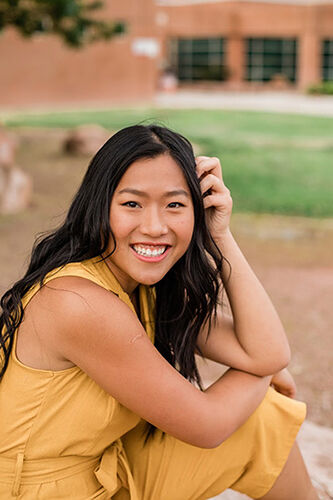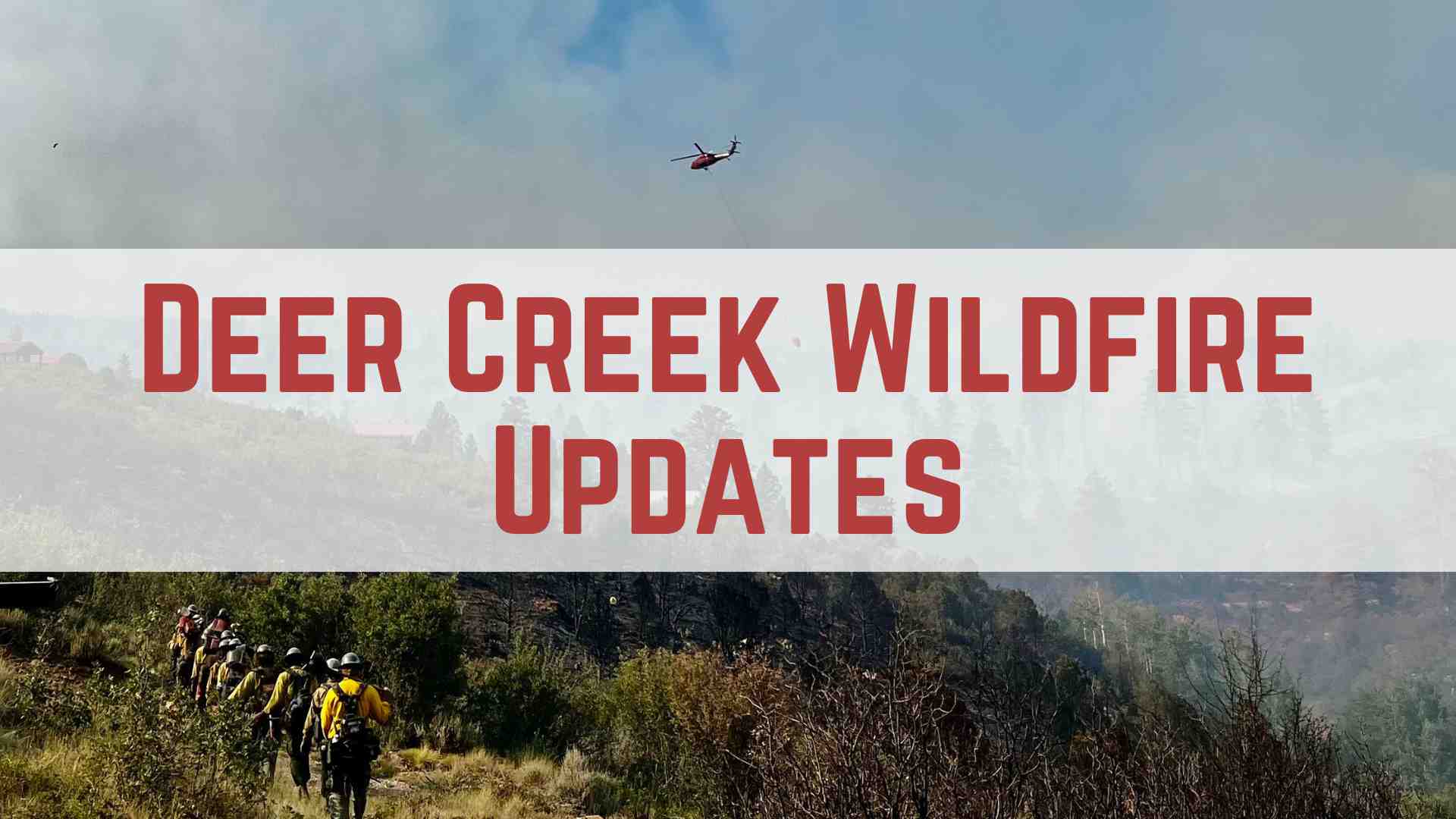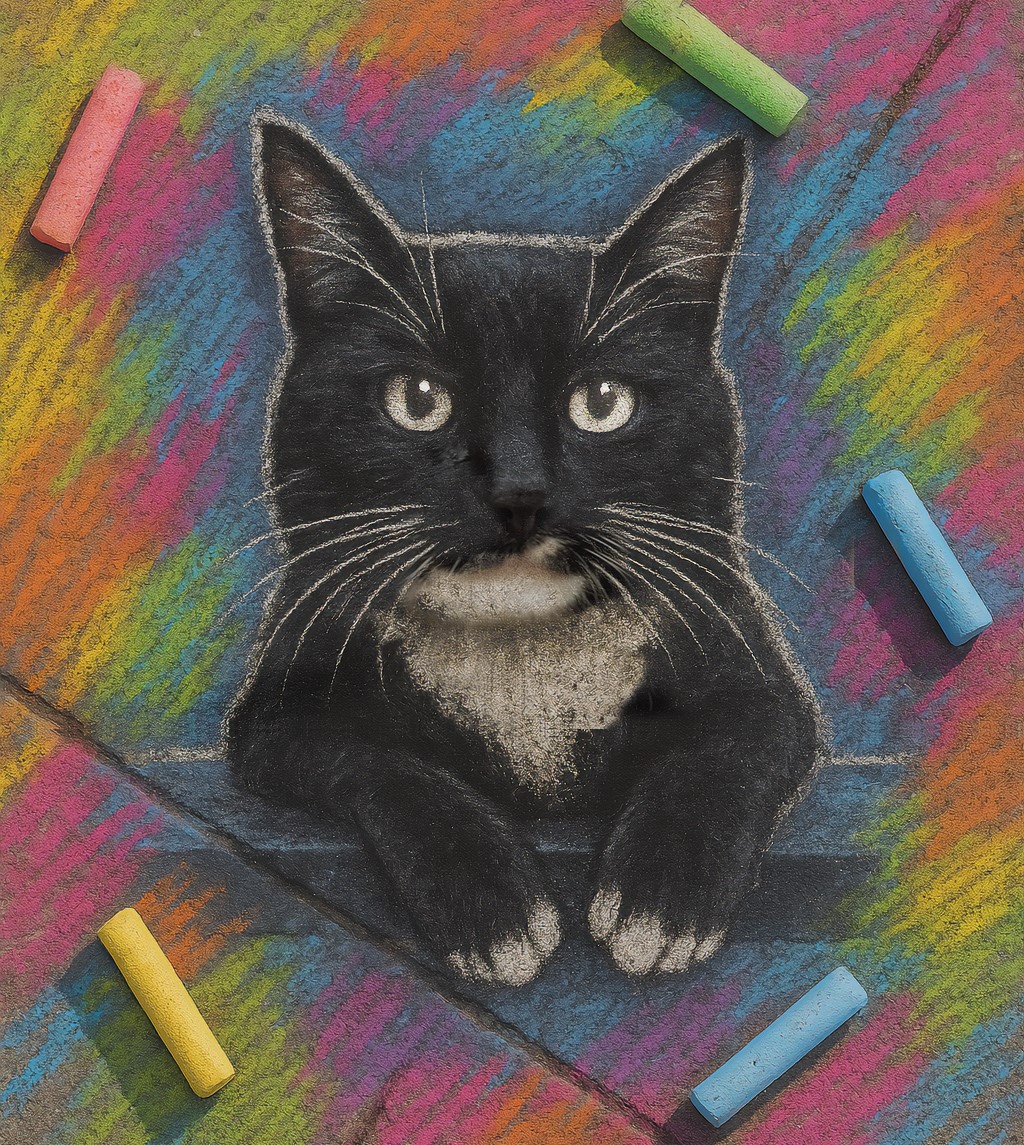Some information may be outdated.
Jenna Hawks graduated from Grand County High School in 2020 and is a current student at Utah State University. Hawks recently published research concerning strategies on how to reduce the use of e-cigarettes among young people.
The Southeast Utah Health District has the highest reported rates of youth vaping in Utah. In 2019, 21% of Southeast Utah students in eighth, tenth and twelfth grade surveyed by the Utah Department of Health reported use of e-cigarettes. In the Four Corners District, which encompasses Carbon, Emery and Grand counties, the percentage of sixth-graders using e-cigarettes rose from 0.4% in 2015 to 4.2% in 2019.
“This is obviously a concern,” Hawks said. “We knew that this is something we wanted to address in our communities.”
When Hawks started at USU in the fall of 2020, she was attending school online and living at home so she wanted to do something more. She took a position as a health and wellness coordinator at the university, which introduced her to the youth vaping research team.
Hawks’ team worked to implement and study the “Broad Extension of E-cigarette Prevention in Carbon, Emery and Grand” program, shortened to “Be Epic.” The program targeted youth, parents and teachers, but the research team was especially interested in what happened with teachers: they wanted to find out if giving teachers a free training program would increase teachers’ knowledge base about e-cigarettes and increase teachers’ confidence in talking with their students about it.
“For the research that I published, I wanted to focus specifically on our teachers, because teachers spend eight hours or more with students every day,” Hawks said. “Who can have a better impact on students’ lives than teachers at that stage of life?”
As a health and wellness coordinator, Hawks was involved directly in facilitating the one-and-a-half-hour-long teacher trainings. The trainings were delivered to nine schools and attended by 42 teachers—and, ultimately, results showed that teachers felt better prepared to intervene with their students when students were discussing vaping. The research paper was published in October.
Hawks said she is studying health and wellness because she wanted to contribute to society in a meaningful way.
“Growing up I’d always known I wanted to help other people,” she said. “I just hadn’t figured out what that specifically meant for me yet. With the guidance from my family and friends and teachers I’ve had along the way, I wound my way toward health and I fell in love with it.”
She chose USU because of family ties—her brother and grandmother both attended, and her dad is a professor. She moved to Logan, Utah at the beginning of the 2021 school year to attend the USU campus there in person, and is expecting to graduate with her bachelor’s degree in May 2022.
“Then I’ll start my masters in public health at USU in the fall of 2022,” she said.
The “Be Epic” program will continue for another year with another research team, Hawks said. The new team will take findings from last year and adjust them to cover more topics concerning e-cigarette use.
“I’m really excited that these resources are now available for our small rural community,” Hawks said. “And I hope things like this continue to become available.”
Appreciate the coverage? Help keep local news alive.
Chip in to support the Moab Sun News.





